As the private rental sector (PRS) continues to expand, tenants living in flats should always seek clarity on responsibility for communal spaces.
In blocks of flats - or houses converted into flats - responsibility for communal areas like stairwells, corridors and exterior space can be a grey area for tenants in terms of responsibilities. When renting any property, a tenant’s obligations should be clearly laid out in the tenancy agreement, as these may extend beyond the four walls of their flat.
Neither tenants or landlords in the Medway areas want the upkeep of any area within a property to ‘fall between the cracks’, so it is vital that all parties fully understand their responsibilities in properties with communal space.
Advice should always be sought from a professional agent before drafting or signing a tenancy agreement, and this will give piece of mind for everyone involved further down the line. It always pays to avoid assumptions; everyone involved in the letting of a property can benefit hugely from transparency and understanding from the outset.
Here are some tips for those renting accommodation with communal areas:
Who does what?
If there are communal areas within a property, responsibilities for these should be clearly stipulated within a tenancy agreement. The landlord is legally bound to ensure electrical and gas installations in all areas of the property are safe, ensure an annual gas safety check on each appliance, as well as keep a record of each safety check. Beyond their ‘in-house’ commitments, tenants should also always keep communal passageways and corridors free of clutter at all times.
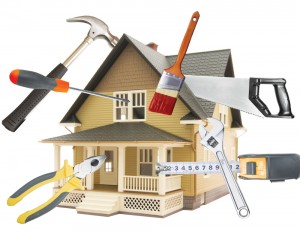 |
| It is always good to understand who is responsible for property maintenance. |
Call me, maybe?
A tenant should always have relevant contact details in case there is a maintenance issue with a property. This should either be for the landlord or the management agency, and the best way to contact the party responsible for the property should always be clearly laid out in the tenancy agreement.
If any anti-social behaviour or damage occurs in a property’s communal areas, it is always best to contact the landlord/agent as soon as possible to ensure they can rectify the situation in a timely fashion.
Everybody needs good neighbours
While this isn’t an obligation, introducing yourself to neighbours within a shared building can help to reduce the chance of dispute. Renting should be a positive experience, and this open approach can help amicably resolve any minor issues that may come up.
It’s a jungle out there
If your rental property has a shared garden, it is always worth checking if there are specific terms in the contract relating to this space. If you are planning to socialise in a shared garden, it is always best to inform your neighbours in advance – and maybe consider asking them along!
Take the best advice
If you would like clarification on any aspect of renting a home, seek advice from a letting agent affiliated to a professional organisation like ARLA, or simply contact one of the Dockside Property Services team.

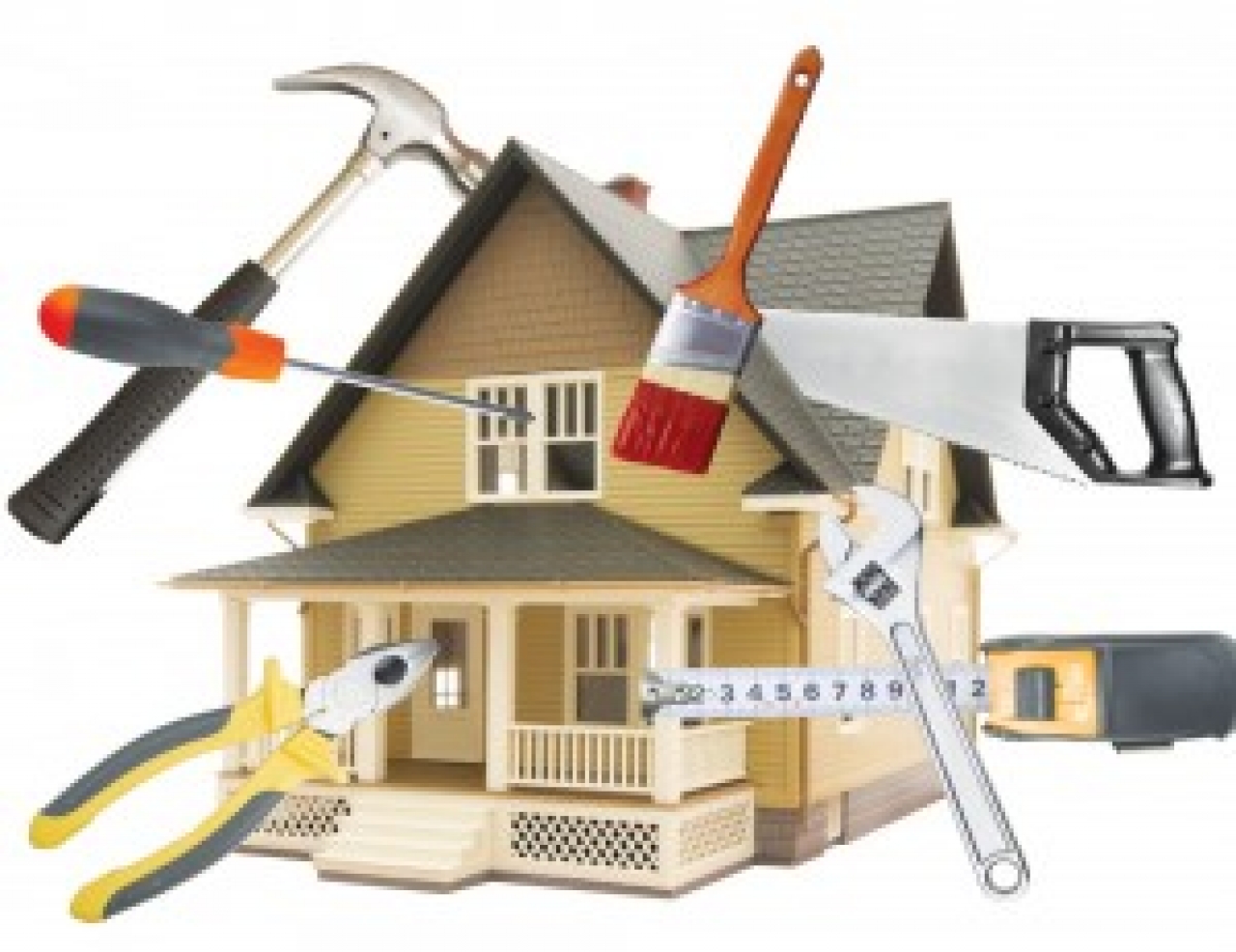
 By
By 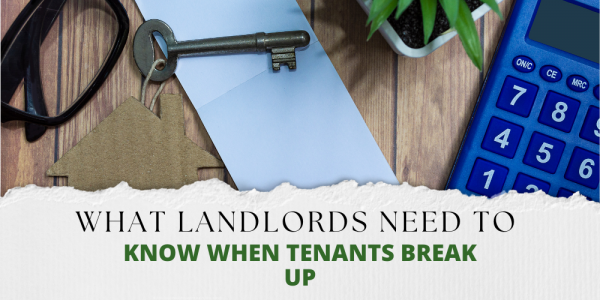
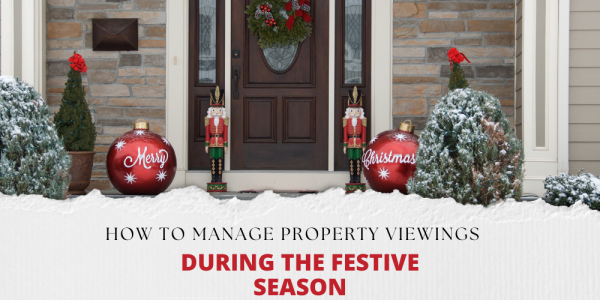
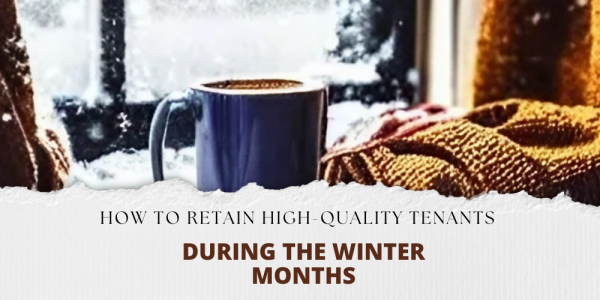
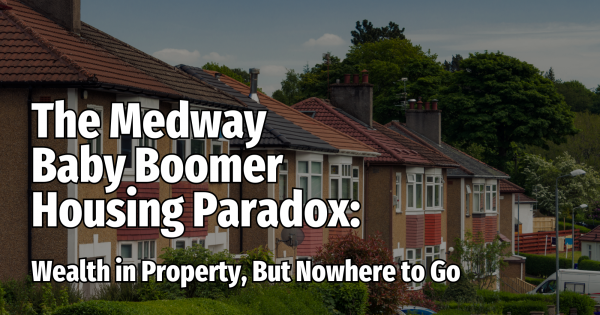
Share this with
Email
Facebook
Messenger
Twitter
Pinterest
LinkedIn
Copy this link